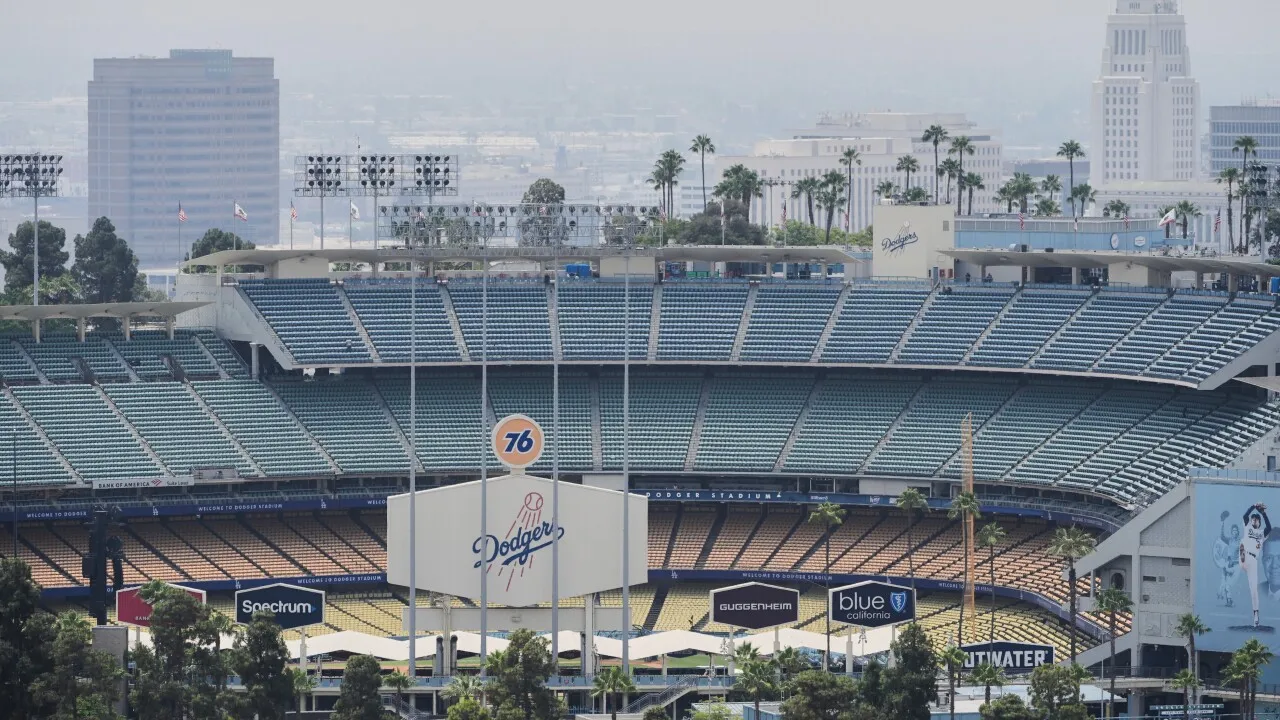On Friday, the Los Angeles Dodgers, freshly crowned World Series champions, took a decisive step by announcing a donation of $1 million to support immigrant families affected by the two-week raids conducted by the federal immigration service in Southern California. This initiative, reinforced through partnerships with the California Community Foundation, the Los Angeles County Federation of Labor, and other local organizations, was a response to the growing pressure from fans and community leaders demanding the team — a city symbol with a 40% Latin American fan base — to take a clear stand amid a wave of fear sweeping the region.
"What is happening in Los Angeles has touched the hearts of thousands, and we have heard calls to take a leading role," said Dodgers President Stan Kasten in a carefully worded press release, avoiding direct political statements but clearly signaling support for the immigrant community. The team promised that this is just the beginning: additional initiatives will be announced soon to provide families with food, basic needs, and psychological support.
The announcement came amid a tense situation that developed the day before, when the Dodgers found themselves at the center of a confrontation with federal authorities. On Thursday morning, dozens of Immigration and Customs Enforcement (ICE) agents in tactical gear and with covered faces gathered in the parking lot outside Entrance E of Dodger Stadium, reportedly to process those detained during raids in neighboring districts. The team firmly denied agents access to the stadium premises, sparking a wave of support from protesters carrying signs like "ICE out of Los Angeles." ICE refuted the presence of its agents, and the Department of Homeland Security stated that the vehicle belonged to Customs and was there "short-term" without law enforcement objectives. However, evidence from local activists, including photos of license plates matching those used in raids in Hollywood, cast doubt on these claims.
This incident culminated weeks of tension when ICE raids, supported by the deployment of 4,100 California National Guard troops and 700 U.S. Marines on orders from President Donald Trump, sowed panic in immigrant communities in Los Angeles. According to ICE, over 66,000 people were arrested during the first 100 days of Trump's second term, making it the "largest deportation operation in U.S. history" as promised during the campaign. In Los Angeles, where 36% of the population are immigrants, these actions triggered mass protests, economic upheaval, and calls for local institutions, including the Dodgers, to act.
For the Dodgers, whose history is closely tied to the Latino community since the "Fernandomania" era of the 1980s, when Mexican pitcher Fernando Valenzuela became an icon, silence was not just impossible — it was perceived as a betrayal. Congressman Jimmy Gomez, representing districts in Los Angeles, sharply criticized the team on social media Friday morning: "Silence is a choice, and in a city where nearly 40% of Dodgers fans are Latin American, that is an insult." Player Kike Hernández, a Puerto Rican native, previously expressed outrage over the raids, writing on Instagram: "I can't stand when our community is degraded, profiled, and torn apart." Legendary commentator Jaime Jarrín, who broadcast Dodgers games in Spanish for 63 years, added, "Immigration is part of American history, and tearing families apart is inhumane."
The Dodgers' response was not only financial. The team, which in January had already collaborated with the city to help fire victims in California, used its influence to call on other organizations to follow their lead. Los Angeles Mayor Karen Bass, who previously described the raids as an "attack on the city's economy," expressed gratitude: "These weeks have brought fear to every neighborhood, but we will not turn away from each other. The Dodgers have shown what it means to be part of Los Angeles." According to sources close to the city government, the city plans to establish a centralized fund to distribute aid, which could be joined by other sports franchises, such as LAFC and Angel City FC, which have already expressed solidarity.
However, not everyone is satisfied. Over 50 community, religious, and union leaders, including PICO California and LA Voice, sent a letter to Dodgers owner Mark Walter demanding not only financial support but also a public condemnation of the raids and guarantees that the team’s property will never be used for immigration operations. "Money is a step, but dignity requires more," stated Pastor Zak Huber of LA Voice. Activists also point to the Dodgers' ambiguous stance: in March, the team accepted an invitation from Trump to the White House after winning the World Series, which drew criticism from some fans.
For Los Angeles, a city where immigrants sew uniforms, clean stadium seats, and line up for tickets to support their heroes, the Dodgers' actions are more than just a donation. It is a signal that the team hears the voices of its community. But while protests continue and federal agents patrol the streets, the question remains open: will this million-dollar gesture be the start of a broader fight for justice, or just a symbolic act amid turbulent waters of fear? At Dodger Stadium, where Jackie Robinson and Fernando Valenzuela once broke barriers, the answer may still be ahead.



